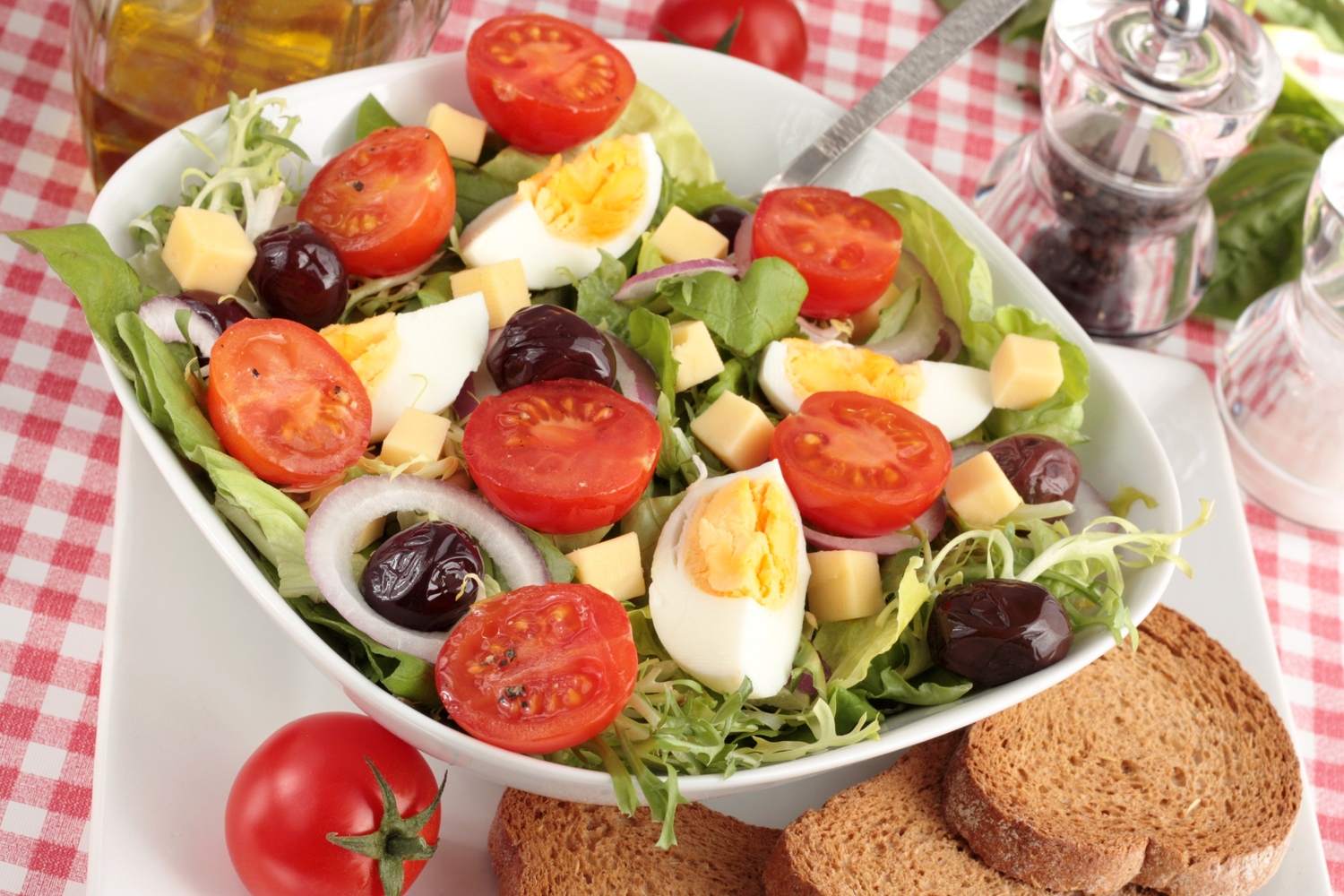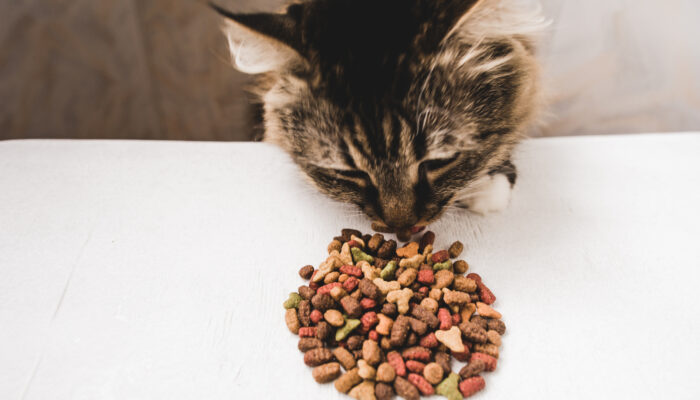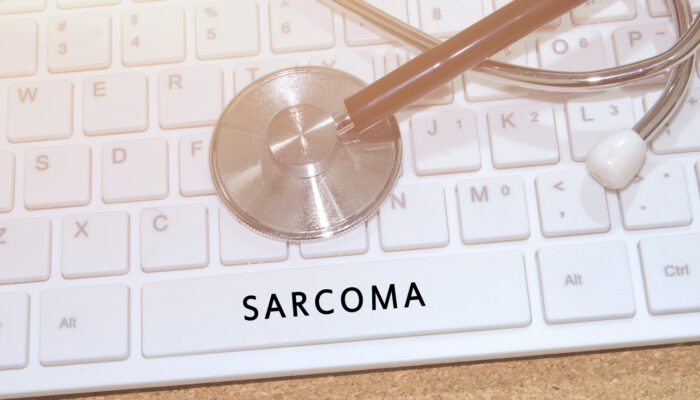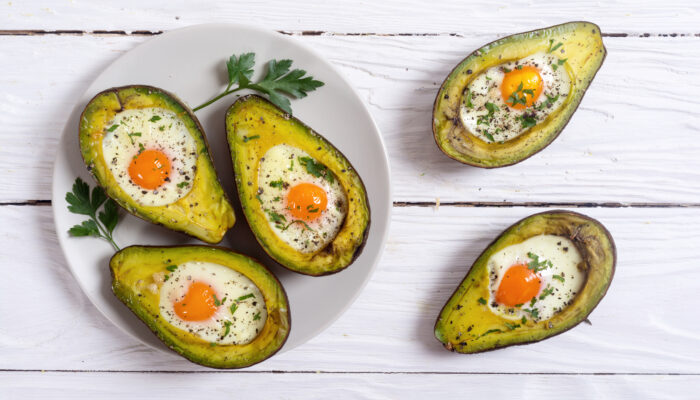
Trigger Foods and Treatments for Crohn’s Disease and Ulcerative Colitis
Ulcerative colitis is a type of inflammatory bowel disease (IBD) that leads to reduced appetite, diarrhea, abdominal cramping, and pain. It causes inflammation of the colon (large intestine) and the rectum, and ulcers (sores) on the colon’s inner lining. Ulcerative colitis, like Crohn’s disease, is considered an autoimmune disease—this means that the body attacks itself. You can manage this condition by avoiding some foods to help minimize the risk of inflammation and flare-ups. The following are trigger foods to avoid for IBD patients:
1. Alcohol
Alcoholic drinks, such as liquor, beer, and wine, can trigger ulcerative colitis in some people. This is because alcohol stimulates your bowels and can worsen diarrhea. Additionally, carbonated alcoholic drinks, like beer or hard cider, can make you gassy.
2. Caffeine
Caffeinated drinks can shift your GI tract, and it’s worse for someone with ulcerative colitis. The condition can be aggravated when you are experiencing an ulcerative colitis flare-up. Caffeinated drinks can trigger, among other things, diarrhea
3. Carbonated Drinks
Fizzy drinks can cause bloating or gas in some people, leading to abdominal discomfort. Many carbonated energy drinks or soft drinks are also caffeinated, which may stimulate the intestines and aggravate diarrhea. A high soft drink intake is related to an increased risk of Crohn’s disease.
4. Dairy Products
Lactose intolerance is a prevalent issue that affects the general population, including people with ulcerative colitis. It prevents you from digesting lactose properly. Lactose is the sugar present in milk and other dairy foods. Your small intestines do not have the digestive enzyme known as lactase. Therefore, lactose intolerance causes symptoms such as diarrhea and abdominal pain. You can reduce your intake of dairy foods or add lactase supplements to minimize the symptoms.
5. Foods that Have Sulfur or Sulfates
Sulfur plays a significant role in essential body functions such as building and repairing DNA, regulating gene expression, making protein, and aiding in metabolism. Many foods and beverages naturally contain sulfur including meat, poultry, seafood, legumes, eggs, cruciferous vegetables, green leafy vegetables, seeds, nuts, whole grains, and many more. While a diet containing these foods is essential for your health, too much of the mineral may cause unpleasant side effects such as gut inflammation and diarrhea, especially for people with ulcerative colitis.
6. Foods High in Fiber
They include raw green vegetables such as fruits with skin, whole grains, whole nuts, and broccoli. These foods may increase the amount of gas, the number of bowel movements, and abdominal cramping. So, avoid foods that produce more stool. Cruciferous and green vegetables have large fiber amounts, especially when eaten raw. If you live with ulcerative colitis, stick to fully cooked, non-cruciferous, and skinless vegetables.
Can Otezla Apremilast Treat Crohn’s Disease?
The Food and Drug Administration approved Otezla for the treatment of moderate to severe psoriasis, psoriatic arthritis for adults with active disease, and oral ulcers related to Behcet’s disease, Apremilast functions to minimize inflammation in the body. Since inflammation is common in many other medical conditions, such as Crohn’s disease, health experts have prescribed it for conditions not included on the FDA label. Patients with moderate to severe ulcerative colitis and Crohn’s disease can also take Stelara Ustekinumab if other medications are unresponsive. This medicine is administered as an at-home injection. You can take this medication while still keeping off foods that trigger or aggravate the condition.



